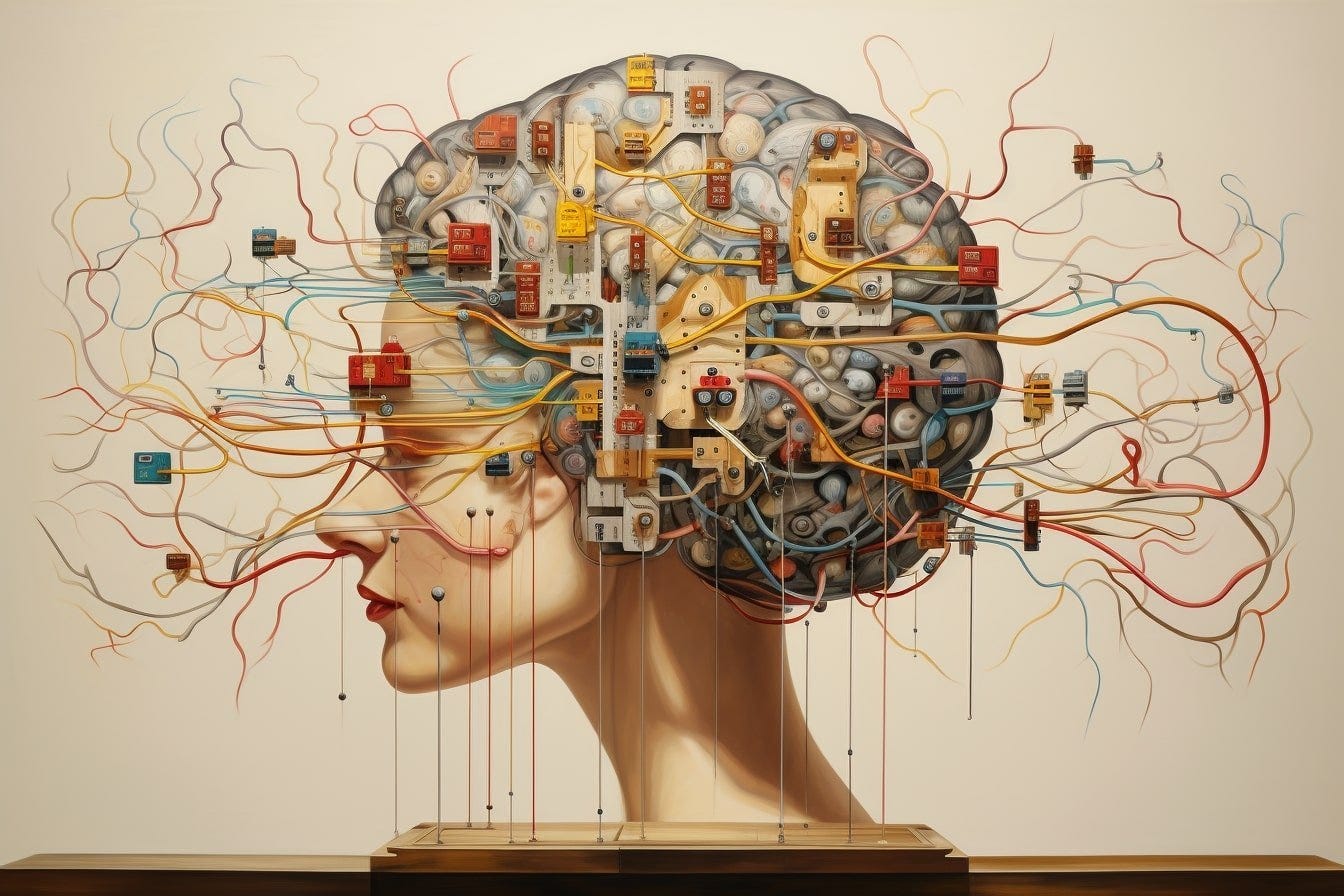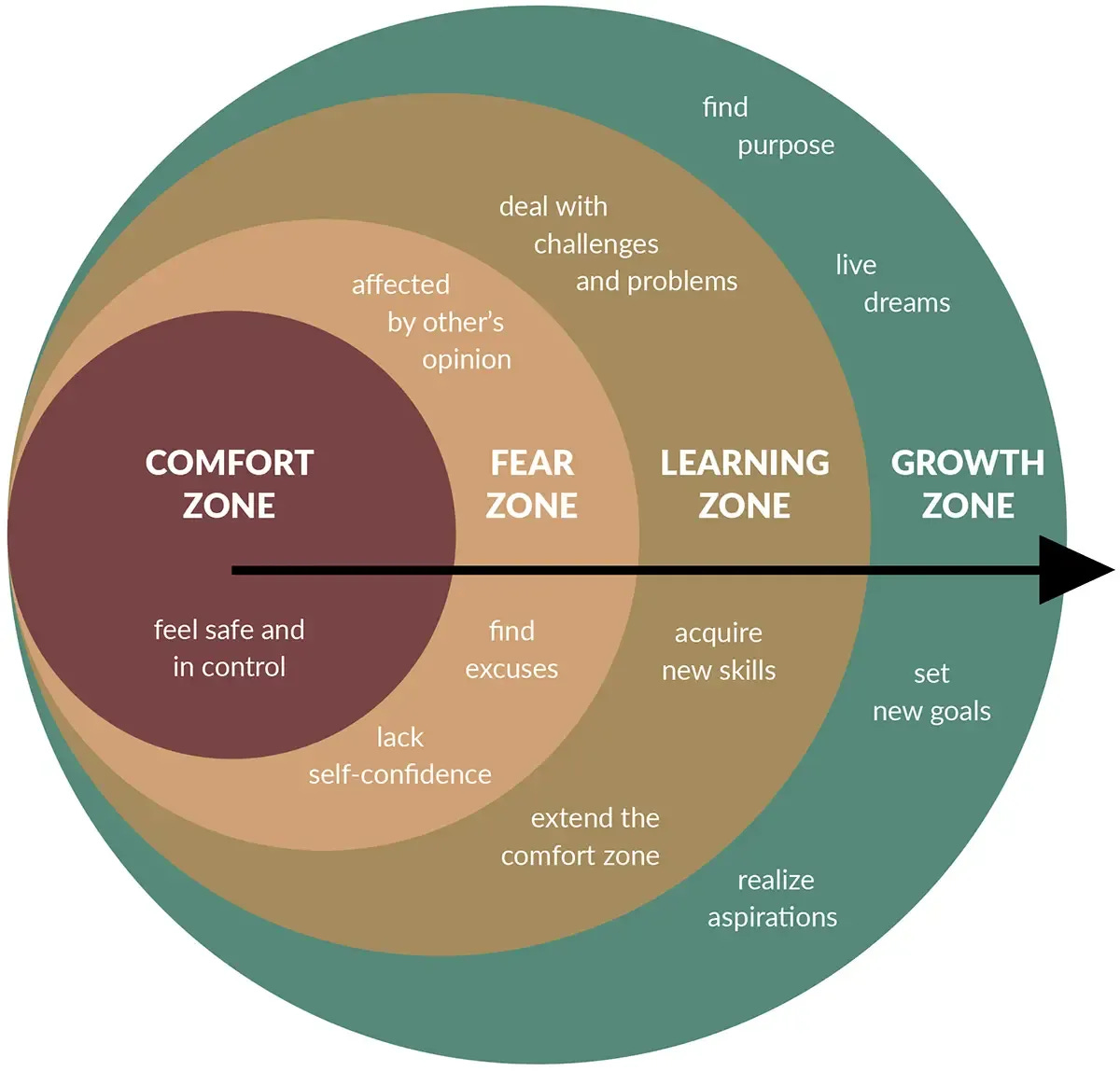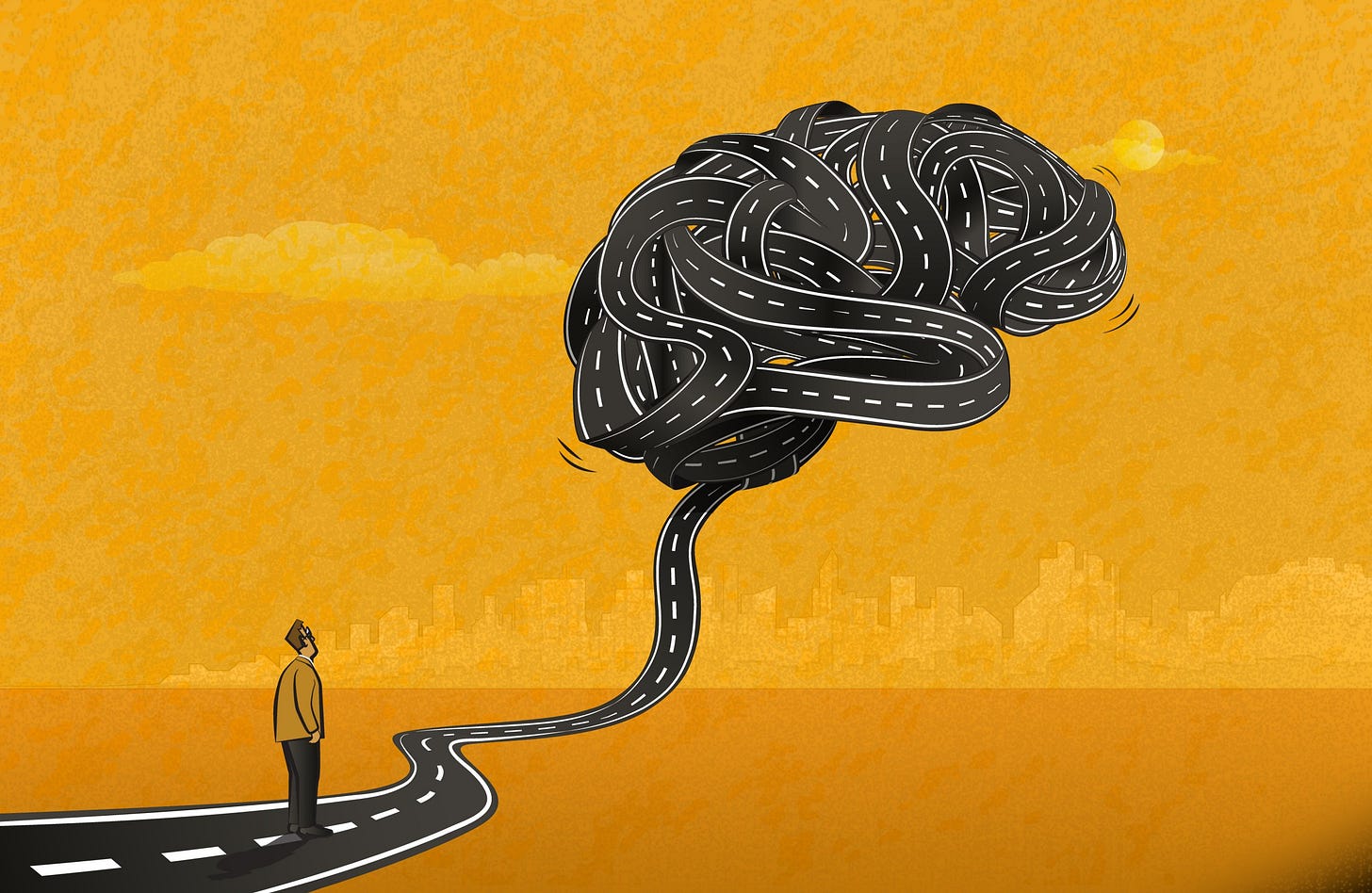EEG research on brainwave changes during psychedelic states.

Mapping the Mind: Neuroscience of altered consciousness
Hello everyone, and welcome back! A warm welcome to new readers, and a heartfelt hello to those who’ve been journeying with me for a while.
Today’s topic—psychedelics, neuroscience, and their role in personal evolution—is one that’s especially close to my heart. I’ve spent over a decade researching psychedelics, not just through study and practice, but also by building close relationships with inspiring individuals working at the intersections of neuroscience, therapy, and psychedelic science. My background in harm reduction and drug testing as well as psychedelic integration continues to shape how I engage with these tools—with curiosity, respect, and a commitment to safety.
One of my earliest inspirations in this space was Alexander Shulgin, a pioneering chemist and psychonaut best known for introducing MDMA to the field of psychotherapy and for his deep belief in self-experimentation and inner exploration. His work reminded us that the inner world is just as rich, complex, and worth studying as the outer one. As he once said, “The most compelling insight I’ve gained is that there is an incredible richness to be discovered in the internal world—and that chemistry is one way in.”
With that in mind, let’s explore how stress, neuroplasticity, and altered states might help us access new levels of clarity, healing, and personal growth.
What is Neuroscience and why should we care?
Neuroscience, in essence, is the study of the brain and its functions, laying bare the intricate pathways and networks that make us who we are. It provides a map that traces how emotions, memories, and even our consciousness are anchored within this complex organ. Such knowledge is crucial when trying to decipher the profound effects of psychedelics on the human mind.

Taking a closer look through the lens of neuroscience allows us to gain science-based insights into how psychedelics interface with our brains. As gleaned from Manesh Girn's conversation on the Psychedelic Leadership Podcast, one fascinating intersection is how psychedelics influence serotonin pathways. Serotonin, a neurotransmitter in our brain, plays a vital role in mood, social behavior, and sleep regulation. By understanding this interplay, it's possible to harness psychedelics in a more targeted way.
The benefits of the basic scientific understanding can help us understand our brain processes beyond healing. It also offers avenues for wellness optimization. Delving deeper into the nuances of individual reactions to psychedelics, backed by brain imaging, we can possibly tailor experiences. Whether it's enhancing creativity, boosting cognitive functions, or honing specific skills, a neuroscience-backed approach to psychedelics could be the key to unlocking our maximum potential.
For those keen to dive further into the world of neuroscience and its implications in various life spheres, not limited to psychedelics I highly recommend Dr. Andrew Huberman's Huberman Lab Podcast is a treasure trove of knowledge. Dr. Huberman, a neuroscientist from Stanford University, explores how our brain functions, its influence on our daily behaviors, and practical neuroscience-backed strategies for improving sleep, performance, and more. Listening to his podcast is akin to a masterclass, offering scientifically rigorous yet accessible insights into the expansive domain of neuroscience.
Breaking Out of The Comfort Zone and Embracing the Body's Memories
Our minds naturally seek comfort and safety. We find peace in the familiar and predictable. Yet, sometimes, beneath this calm surface, there are memories and emotions that we've pushed away.
"As long as you keep secrets and suppress information, you are fundamentally at war with yourself…The critical issue is allowing yourself to know what you know. That takes an enormous amount of courage."
— Bessel van der Kolk, "The Body Keeps the Score"

It's common for many of us to be hesitant about using psychedelics. The fear? Losing control or stumbling upon hidden traumas. But confronting these feelings, especially with the support of psychedelics, can be a step towards profound healing. However, diving into these deep waters requires the right guide. With a skilled and experienced guide, the journey through psychedelics can be safe, transformative, and deeply healing.
Have you ever felt the weight of suppressed memories or emotions? Consider this: What might lie on the other side of confronting them? Whether with psychedelics or another therapeutic approach, remember that the path to healing often requires us to face what we've long avoided.
Rethinking Stress: A Holistic and Neuroscientific Perspective
Stress is often labeled as the enemy—something to avoid, suppress, or fix. But through a more nuanced lens, it reveals itself as a signal of our brain’s remarkable adaptability and our body's attempt to maintain balance in a fast-paced world.
In truth, there are many natural, accessible ways to support our nervous system and reclaim focus. Practices like mindfulness and meditation continue to be some of the most effective, time-tested tools for calming the mind and building emotional resilience. Others, like vibrational sound therapy and functional mushrooms, offer gentle yet powerful support for regulating stress and enhancing cognitive clarity through physical and energetic pathways.
And then there’s psychedelics—a more controversial but increasingly researched path. When approached responsibly, they may offer deep insights into the roots of our stress, rather than just its symptoms.
Microdosing, in particular, creates a subtle bridge between neuroscience and self-awareness, helping to reduce mental clutter and increase presence without overwhelming the system.

As Cal Newport writes in Deep Work, “Efforts to deepen your focus will struggle if you don’t simultaneously wean your mind from a dependence on distraction.” Whether through breath, sound, fungi, or altered states, the goal remains the same: to understand the nature of our stress and reclaim the mind as a space for clarity, not chaos.
In this intersection of ancient wisdom and modern science lies the potential for real transformation.
"In the midst of chaos, there is also opportunity." - Sun Tzu
Neuroplasticity and Psychedelics: Crafting Positive Neural Pathways
Diving deeper into the landscape of stress and the human psyche, the nuanced relationship between psychedelics and the brain becomes even more intriguing. Central to this discussion are the serotonin 1A and 2A receptors. While conventional antidepressants predominantly gravitate towards the 1A receptors, offering a somewhat muted emotional realm, psychedelics interact intriguingly with the 2A receptors, ushering us into a more adaptable and expanded cognitive space.

A pivotal piece of this puzzle is illuminated by the study "Psychedelics and Neuroplasticity: A Systematic Review Unraveling the Biological Underpinnings of Psychedelics." Here, the magic word is neuroplasticity—the brain's incredible ability to rewire, adapt, and evolve. Findings suggest that psychedelics, particularly when microdosed, bolster this neuroplasticity. This enhanced adaptability paves the way for cultivating positive habits, reorienting thought patterns, and fostering profound personal growth.
"The real voyage of discovery consists not in seeking new landscapes, but in having new eyes." Marcel Proust
With the revelations from modern research, this sentiment gains profound resonance. Psychedelics, wielded with intention, might just offer the lens for such a transformative vision.
In Conclusion:
Our journey through the realms of stress, neuroscience, and psychedelics is both intricate and enlightening. It invites us to reflect, reimagine, and rediscover facets of our being that remain shrouded in mystery. As we stand at this crossroads, armed with newfound knowledge and insights, the path forward is clear: It's not just about understanding the world around us, but truly seeing it, feeling it, and perhaps most importantly, transforming alongside it.
Thanks for reading! Your curiosity lights up our shared path of exploration. Keep diving deep, questioning, and discovering. Until next time, stay curious and connected
All the love,
Justina xx